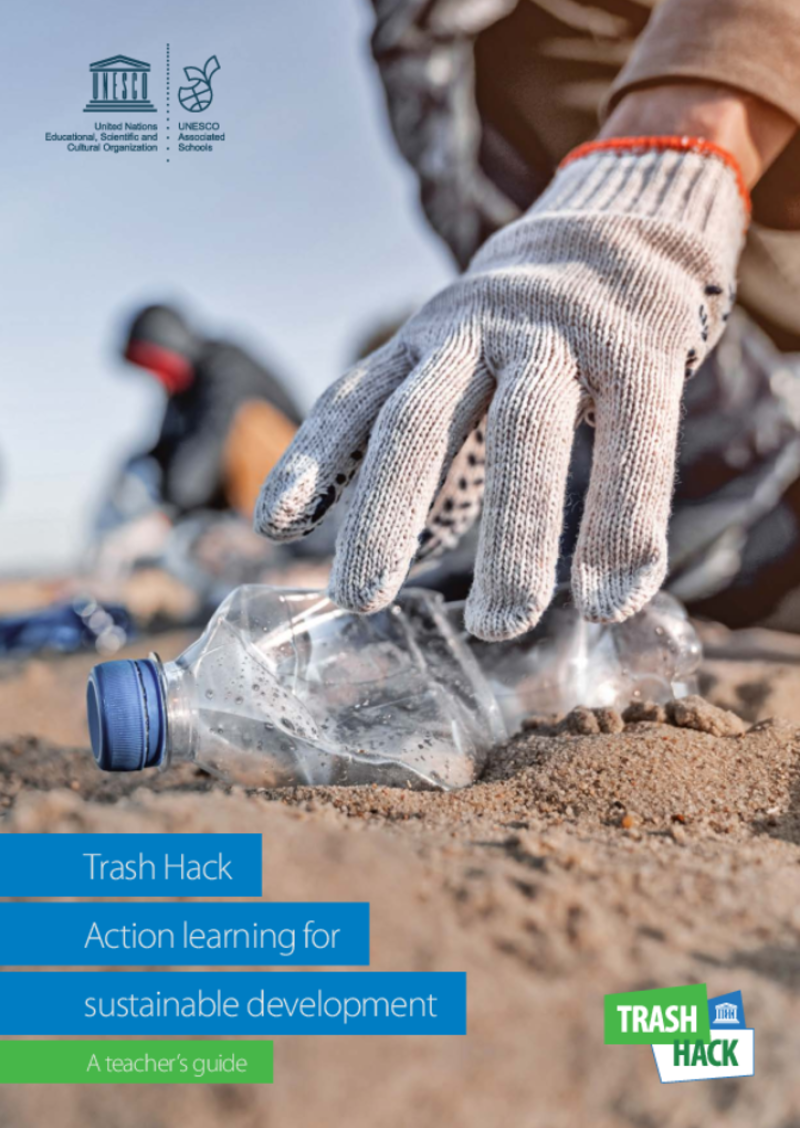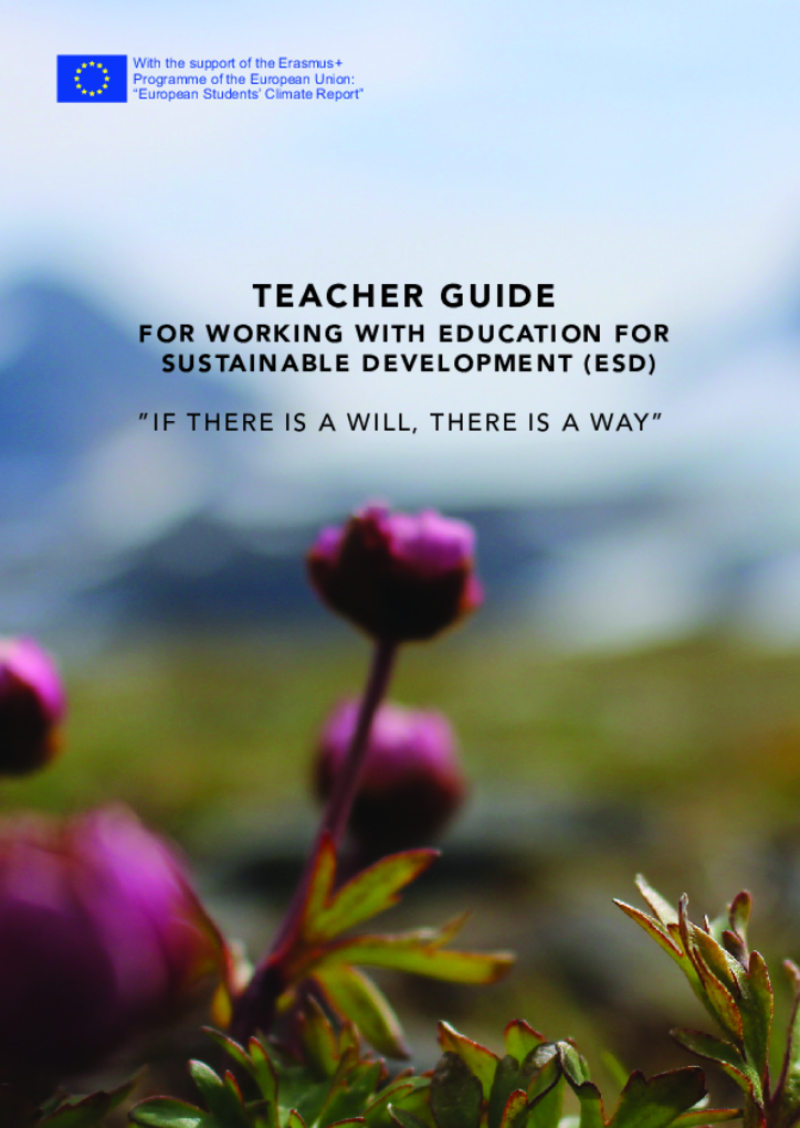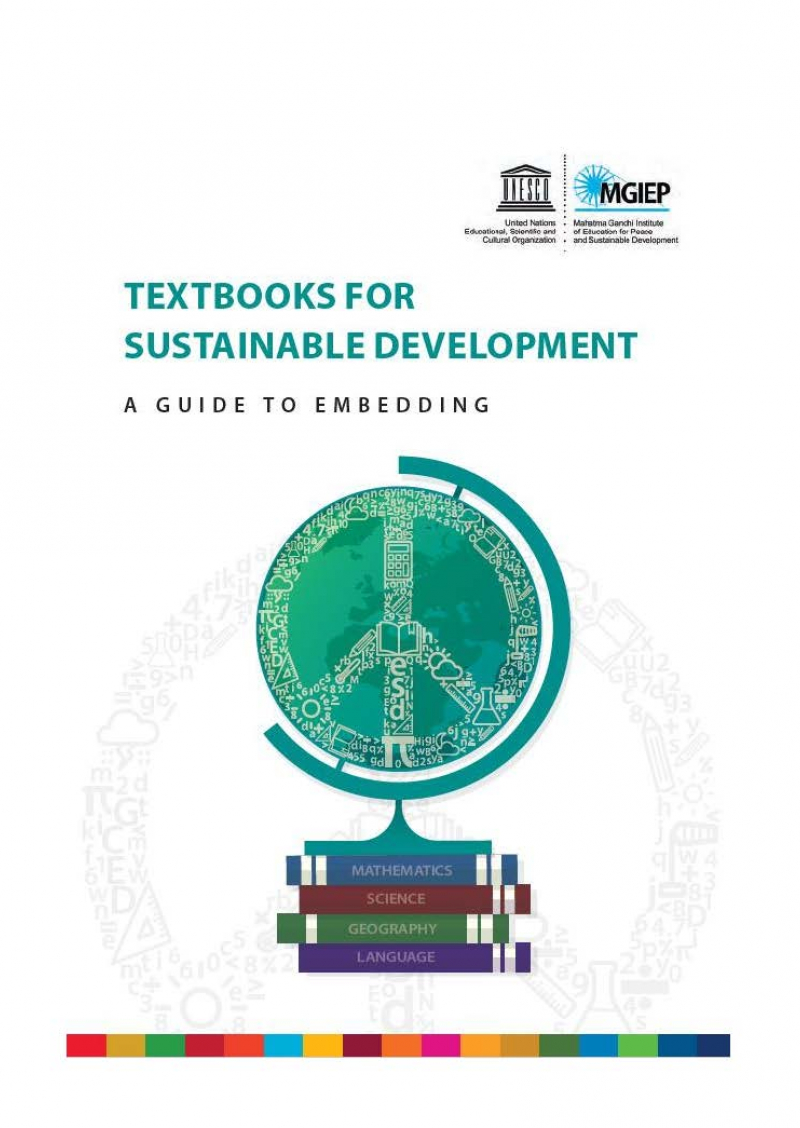Teacher Resource Centre
Displaying 1 - 9 of 9
Differentiated Instruction in Displacement Contexts. Workshops Facilitation Guide
In this guide, there are prompts to support exploration of the content and application to the local context. There are also tips to support educators as they make space and time for professional learning within their busy and, often, stressful lives. Finally, this guide offers some advice regarding online, and/or other technological aspects, of this training.
The Quality Holistic Learning Project (QHL), of which this face-to-face workshop is one element, aims to prepare educators to deliver high-quality lessons which support holistic learning for children and youths of diverse backgrounds (refugee, migrant, and/or citizen) within host country, displacement, and crisis contexts. They define quality holistic learning as that which attends to:
- academic, cognitive, and identity development,
- social and emotional learning, and
- mental/psychosocial and physical well-being and which delivers: positive schooling experiences, ● feelings of belonging and safety, growth and development, and equitable outcomes for all learners.
Play & resilience: a toolkit for teachers, caregivers, and other stakeholders
Play is an easy, natural and universal practice that builds resilience. Play comes naturally to all children- and is a seemingly simple and light-hearted phenomenon. The power of play as a pathway to building resilience needs to be leveraged to provide children with the opportunity to further explore play in their home and school environments.
This toolkit is therefore premised on the objectives to build the capacity of various stakeholders such as caregivers/teachers, school managers, curriculum planners and policy makers who are key actors in the process of growth and development of children. It is also aimed at equipping these stakeholders with the knowledge and pedagogical skills to translate research, policy and curriculum to practical knowledge and activities for children in the school environment. The toolkit offers directions for facilitators who will be working with caregivers/teachers using the materials and resources provided and other relevant materials available in an environment where it will be used.
A Teacher's Guide for Arts, Music and Drama in Africa
Art, music and drama have had a pivotal role in the livelihood of human beings. This is clear by the wealth of literature, architecture, fine art, theater and music that define human past, present and future. The inherent creative ability and a yearning to express ourselves is what gives value to art, music and drama as companion components in human evolution.
This teacher's guide covers art, music, dance, drama, experiential learning, community engagement, and how to integrate these aspects into curriculum. Additionally, this document provides lesson plans for primary school students in these subject areas.
Trash hack action learning for sustainable development: a teacher's guide
This short guide provides teachers with action-based approaches to address waste and trash management for sustainable development. It contains infographics and factsheets, inspiring initiatives taken by youth all around the world and activities that can be implemented in class or outside, over one day or several class sessions.
Teacher Guide for Working with Education for Sustainable Development (ESD)
The purpose of this teacher guide is to inspire teachers who want to work with climate change and sustainable development with their students. In this guide, you will find examples of teaching activities and teacher reflections on these activities. The activities described should be seen as inspiration. They could be adjusted according to a specific teaching context as preferred, thus aligned with the same objectives and perceived outcomes. The EU-project in which the activities were developed, was carried out with upper secondary students (aged 16-19). With smaller changes by the teachers, younger students can also work with the suggested activities. Beyond the goal of learning about climate change and sustainable development, the activities enable students to practice their critical thinking, and develop their communication and presentation skills.
ETF READY model
The European Training Foundation's READY model (Reference model for Educators' Activities and Development in the 21st century) offers a structured way to identify the professional practices and development needs of the 21st century educators.
Reset earth teaching toolkits
This toolkit provides teachers with ideas, activities, games and discussions to engage students on the issues of the ozone layer. It includes comprehensive lesson plans for the age ranges of 7-12 and 13-18 and a simulation-style game, all accessible through the education portal of the Apollo's Edition of the Reset Earth campaign.
Social and emotional learning for schools
This is a dual certifying course that combines social and emotional learning (SEL) for classrooms and SEL for teachers. The objective of the certification is to enhance personal well-being and build the professional capacity of teachers for SEL.
Textbooks for sustainable development: a guide to embedding
This guidebook aims to support textbook authors and publishing houses to produce a new generation of textbooks that integrate education for sustainable development. By doing so, it aspires to make learning relevant and effective. It also contributes to the implementation of the 2030 Agenda for Sustainable Development. Textbook authors and educators are encouraged to use this guidebook as a source of ideas, tools and methods that can help to enrich content and pedagogy and complement their own individual and institutional strategies. The guidebook offers concrete guidance for textbook authors on how to reorient the existing curriculum content towards peace, sustainable development and global citizenship.







